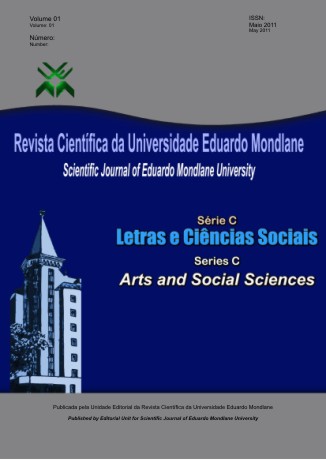Bases legais para uma política de preservação digital em Moçambique
Publicado
2025-04-14
Como Citar
Cabsela, C., & Macie, G. (2025). Bases legais para uma política de preservação digital em Moçambique. Revista Científica Da Universidade Eduardo Mondlane, Série: Letras E Ciências Sociais, 4(1). Obtido de http://www.revistacientifica.uem.mz/revista/index.php/lcs/article/view/49

